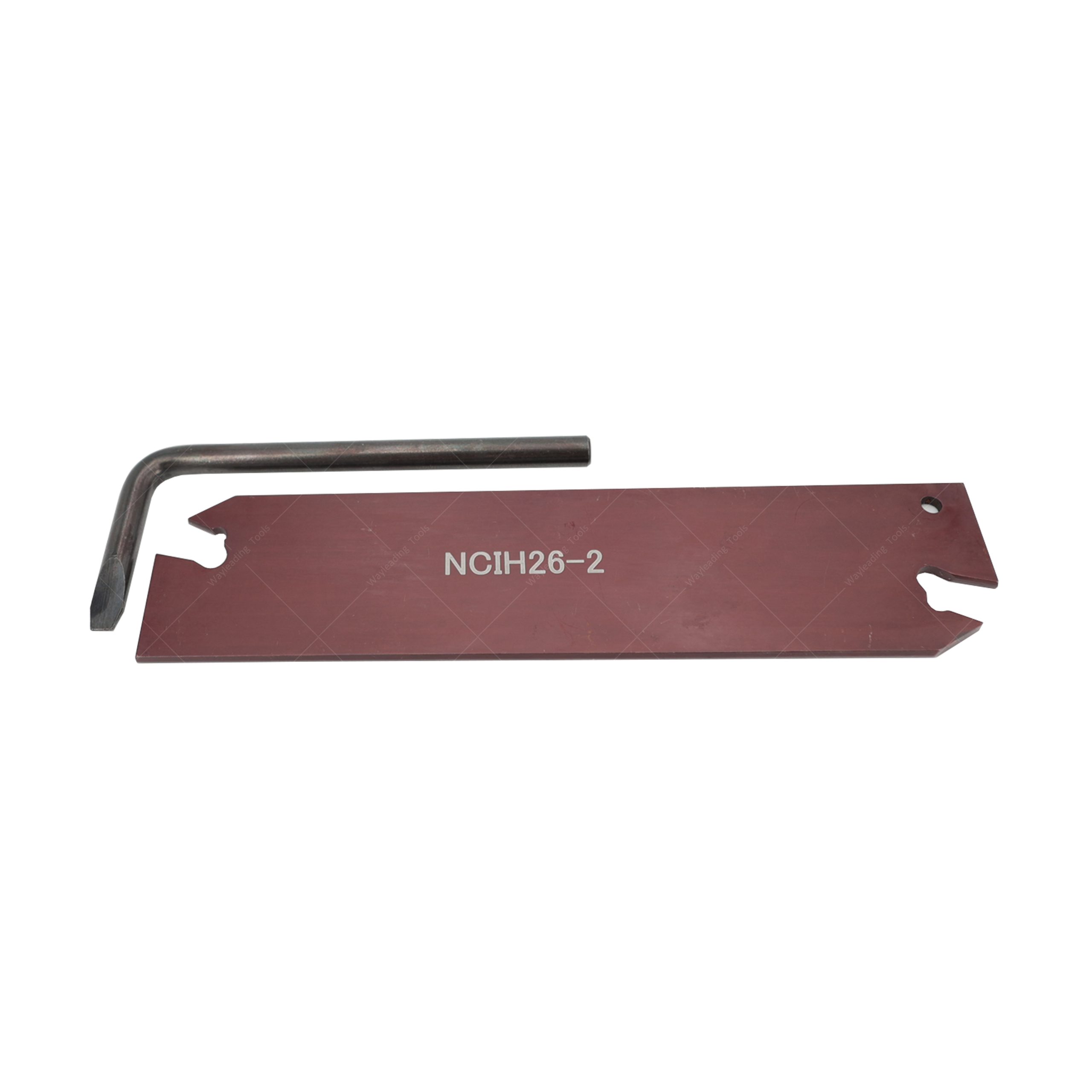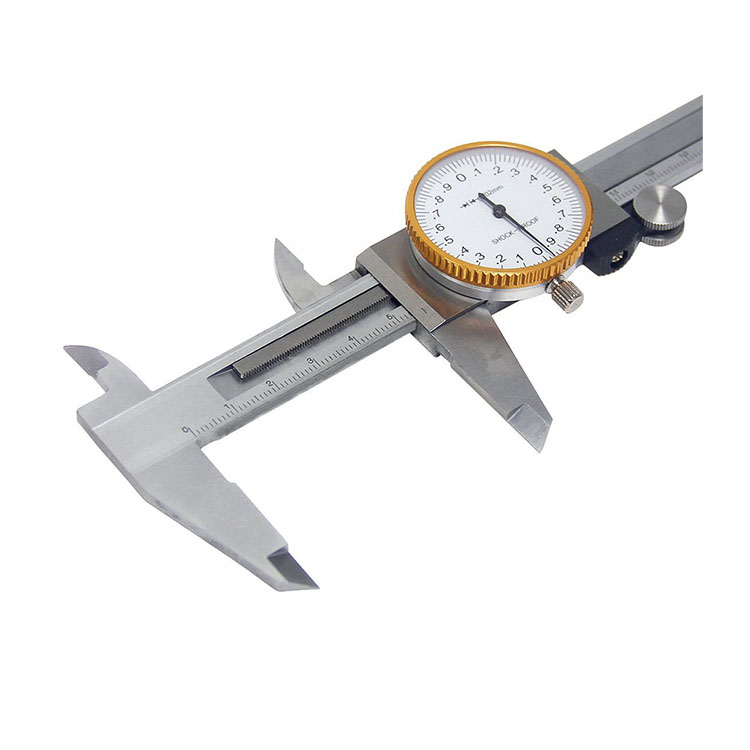Involute Gear Cutters Suppliers
Finding reliable involute gear cutters suppliers can be challenging. This guide explores the key considerations when selecting a supplier, covering types of cutters, materials, precision standards, and essential factors to ensure you get the best quality and service.
Understanding Involute Gear Cutters
What are Involute Gears?
Involute gears are a common type of gear used in a wide range of mechanical systems. Their involute tooth profile provides constant velocity ratio and is relatively insensitive to changes in center distance. This makes them ideal for applications where precision and reliability are critical.
Types of Involute Gear Cutters
Selecting the right cutter is crucial for producing accurate and efficient gears. Here's a breakdown of common types:
- Module Cutters: These are designed for gears specified using the module system (distance between teeth). They come in sets to cut gears with different numbers of teeth.
- Diametral Pitch Cutters: Used for gears specified using the diametral pitch system (teeth per inch of pitch diameter). Like module cutters, they come in sets.
- Hobbing Cutters (Hobs): Hobs are used in a continuous generating process to cut gears. They are highly efficient for large production runs.
- Shaping Cutters: Used on gear shaping machines, these cutters reciprocate vertically to generate the gear teeth. They are suitable for internal gears and gears close to shoulders.
Factors to Consider When Choosing Involute Gear Cutters Suppliers
Material Quality
The material of the cutter significantly impacts its performance and lifespan. Common materials include:
- High-Speed Steel (HSS): Offers a good balance of hardness and toughness, suitable for general-purpose gear cutting.
- Powder Metallurgy High-Speed Steel (PM-HSS): Provides superior wear resistance and cutting performance compared to conventional HSS.
- Carbide: Offers the highest hardness and wear resistance, ideal for machining hardened materials and high-speed cutting.
Precision and Accuracy
The accuracy of the gear cutter directly affects the quality of the gears produced. Look for involute gear cutters suppliers that adhere to recognized industry standards, such as DIN or AGMA. Check for certifications and quality control procedures.
Cutter Geometry and Coating
The cutter's geometry, including tooth form, rake angle, and clearance angle, must be optimized for the specific gear material and cutting conditions. Coatings, such as TiN (Titanium Nitride) or TiAlN (Titanium Aluminum Nitride), can improve wear resistance, reduce friction, and extend cutter life.
Supplier Reputation and Experience
Choose suppliers with a proven track record and positive customer reviews. Years of experience in the gear cutting industry are a good indicator of expertise and reliability. Consider requesting references from other customers.
Lead Time and Delivery
Ensure the supplier can meet your production schedule and deliver cutters on time. Inquire about their inventory levels, manufacturing capacity, and shipping options.
Technical Support and Customer Service
A reliable supplier should offer technical support and assistance with cutter selection, application, and troubleshooting. Responsive customer service is essential for resolving any issues that may arise.
Finding the Right Involute Gear Cutters Suppliers
Online Research
Use online search engines and industry directories to identify potential suppliers. Websites like Thomasnet or GlobalSpec can be helpful. Pay close attention to supplier websites, product catalogs, and technical specifications.
Trade Shows and Exhibitions
Attend industry trade shows and exhibitions to meet suppliers in person and learn about their products and services. This is a good opportunity to ask questions, compare options, and build relationships.
Recommendations and Referrals
Seek recommendations from other manufacturers or industry experts. Referrals from trusted sources can help you find reputable and reliable involute gear cutters suppliers. Wayleading Tools, with our extensive network and knowledge, can also point you in the right direction for custom solutions.
Cost Considerations
While price is an important factor, focus on the overall value proposition. Consider the cutter's lifespan, cutting performance, and the supplier's reputation for quality and service. Investing in high-quality cutters from a reputable supplier can save you money in the long run by reducing downtime, improving gear quality, and extending cutter life.
Working with Wayleading Tools for Your Gear Cutting Needs
At Wayleading Tools (www.wayleading.com), we understand the critical importance of high-quality gear cutting tools. While we may not directly supply involute gear cutters, our expertise in the broader tooling industry allows us to provide valuable guidance and support in selecting the right suppliers and optimizing your gear manufacturing processes. We pride ourselves in connecting our clients with the best resources for their specific needs, helping them to achieve optimal results. Consider Wayleading Tools as your partner in navigating the complex world of precision tooling.
Example Comparison Table of HSS Involute Gear Cutters from Different Suppliers
| Supplier | Material | Module Range | Coating | Price (USD) |
|---|---|---|---|---|
| Supplier A | HSS M2 | 1.0 - 3.0 | TiN | $150 - $300 |
| Supplier B | HSS M35 | 0.5 - 4.0 | None | $120 - $280 |
| Supplier C | HSS M42 | 1.5 - 5.0 | TiAlN | $200 - $400 |
Note: Prices are approximate and may vary depending on the specific cutter size and features.
Conclusion
Selecting the right involute gear cutters suppliers requires careful consideration of several factors, including material quality, precision, supplier reputation, and cost. By following the guidelines outlined in this article, you can make an informed decision and ensure that you get the best possible cutters for your gear manufacturing needs.
Disclaimer: This article provides general information only and should not be considered professional advice. Always consult with qualified experts for specific applications.
Data Source: Information regarding HSS grades and cutter features can be found on various material science and manufacturing websites, including ASM International and specific cutter manufacturer websites.
Related products
Related products
Best selling products
Best selling products-
 Type J-60 Degree Cone Tungsten Carbide Rotary Burr
Type J-60 Degree Cone Tungsten Carbide Rotary Burr -
 Vernier Height Gauge With Magnifier With Adjustable Main Bean
Vernier Height Gauge With Magnifier With Adjustable Main Bean -
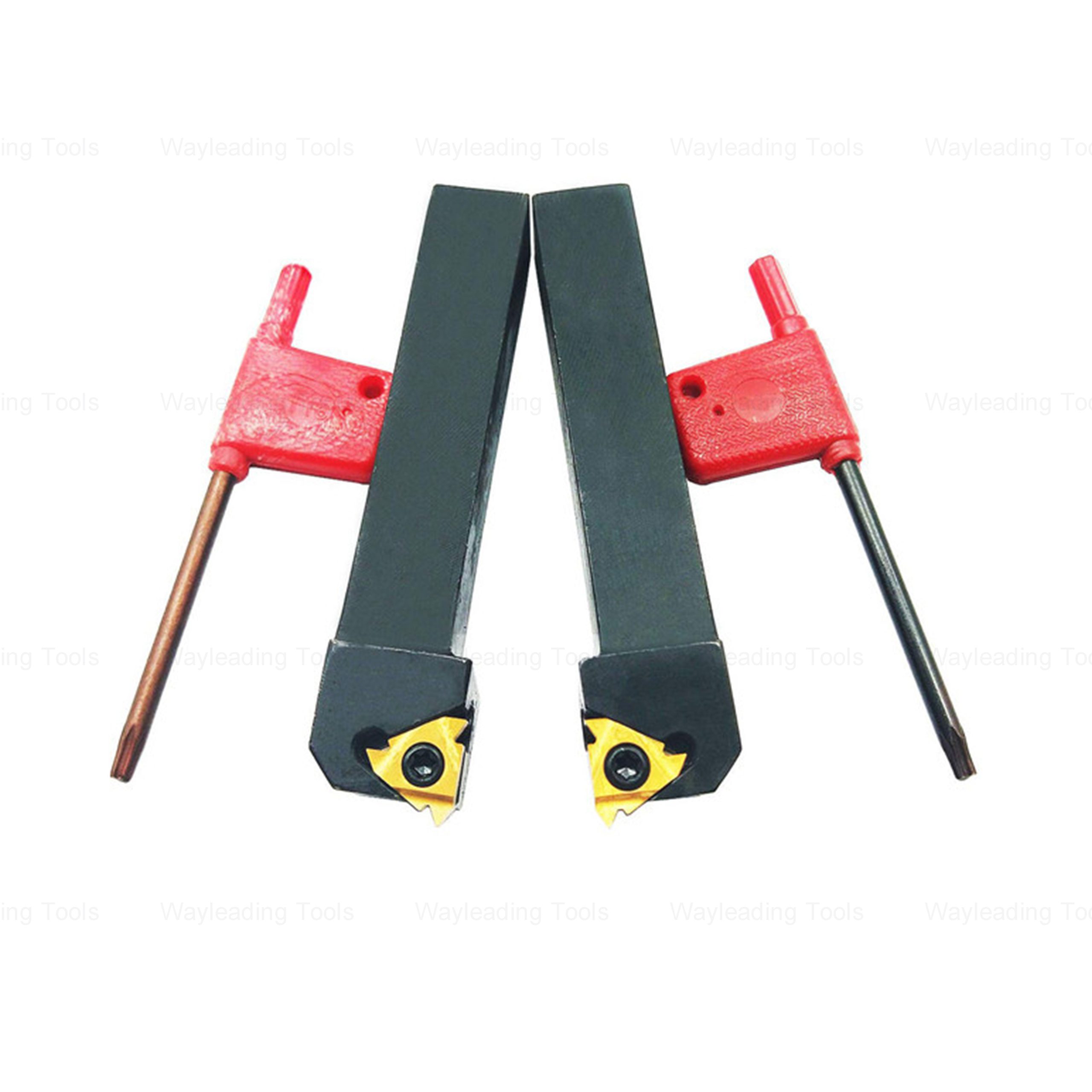 Indexable External Threading Tool Holder – SER / SEL, Metric & Inch
Indexable External Threading Tool Holder – SER / SEL, Metric & Inch -
 Type B Cylinder Tungsten Carbide Rotary Burr
Type B Cylinder Tungsten Carbide Rotary Burr -
 Inch HSS 1/2″ Reduce Shank Drill Bit For Metal Cutting Of High Precision
Inch HSS 1/2″ Reduce Shank Drill Bit For Metal Cutting Of High Precision -
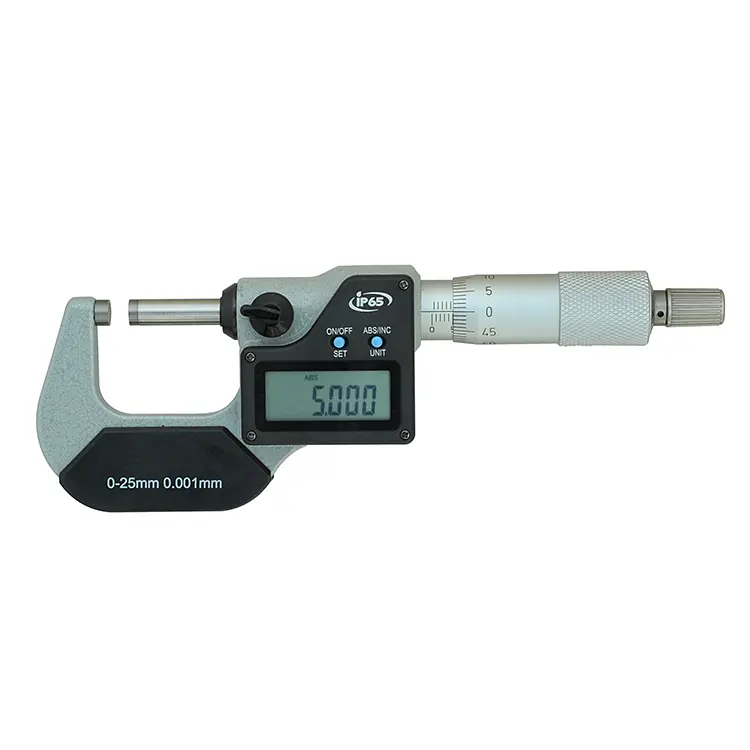 Precision IP65 Digital Outside Micrometer Of Inch & Metric With Data Output
Precision IP65 Digital Outside Micrometer Of Inch & Metric With Data Output -
 DIN333A HSS Center Drills With Milled & Fully Ground Flute
DIN333A HSS Center Drills With Milled & Fully Ground Flute -
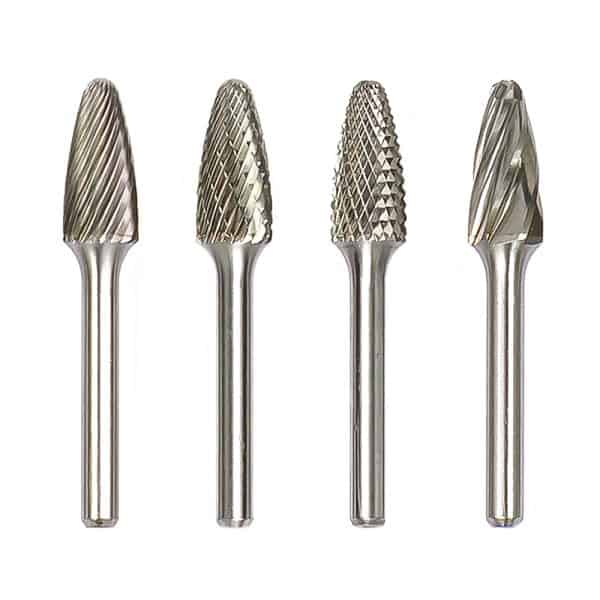 Type F Ball Nose Tree Tungsten Carbide Rotary Burr
Type F Ball Nose Tree Tungsten Carbide Rotary Burr -
 Precision Vernier Caliper Of Metric & Imperial For Industrial
Precision Vernier Caliper Of Metric & Imperial For Industrial -
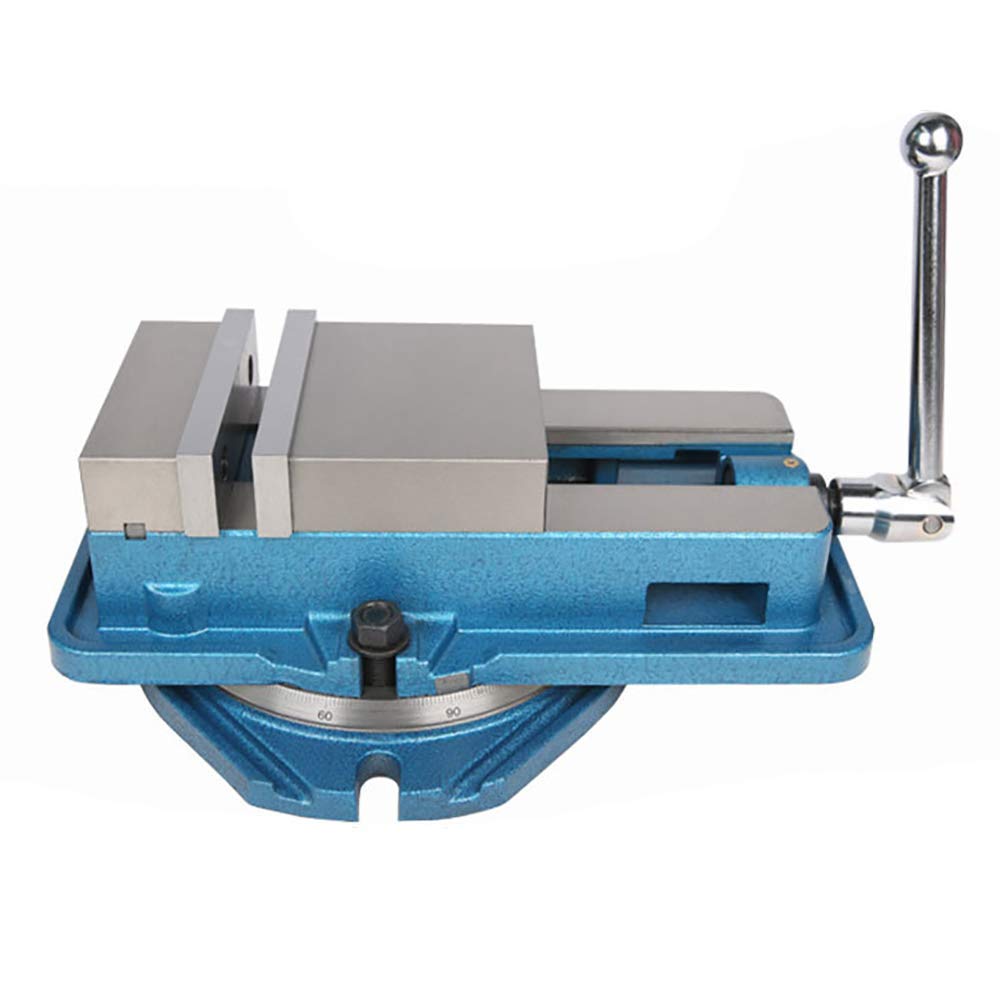 QM ACCU-Lock Precision Machine Vises With Swivel Base
QM ACCU-Lock Precision Machine Vises With Swivel Base -
 HSS Inch 4 Flute End Mills With Bright Or TiN And TiAlN Coated
HSS Inch 4 Flute End Mills With Bright Or TiN And TiAlN Coated -
 Precision Expanding Mandrel From 9/16″ to 3-3/4″
Precision Expanding Mandrel From 9/16″ to 3-3/4″



